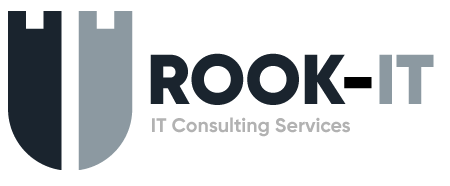Today, in Europe, we are challenged to generate insights and evidence from real world clinical data at scale. Why? Because such data exists in a myriad of languages, systems and structures, with challenging policy restrictions and technology considerations. Consequently, patients are not receiving optimal healthcare because as we are not able to maximize the transformational potential of real-world data to generate real world evidence.
In response to this, the EHDEN project was launched in late 2018 as a public-private partnership under the framework of IMI2 (Innovative Medicines Initiative), and now comprises eleven public partners, led by Erasmus Medical Centre, Rotterdam NL, and twelve pharmaceutical partners, led by Janssen Pharmaceutica, Belgium, working together as a consortium, responding to this need. EHDEN is disease-agnostic whose mission is to provide a new paradigm for the discovery and analysis of health data in Europe, by building a large-scale, federated network of data sources standardised to a common data model.
To this end, EHDEN has made significant progress in developing a federated and equitable network of institutions generating clinical data, with researchers across academia and industry, supported by certified and qualified SMEs,harmonising clinical data and creating a network technology for realworld research. It incorporates appropriate policy and regulatory requirements, such as the General Data Protection Regulation (GDPR) and ethical research guidelines, via privacy by design in its sociotechnical infrastructure.
Organizations joining the EHDEN network could be university or non-academic hospitals, primary care networks, existing registries, etc. EHDEN will enable transparent and fully reproducible research by standardizing both the health data and the analytical pipeline. Study execution is performed in a federated manner, i.e., analytical code is sent to the data source, run locally in their own ‘safe haven’, and only the aggregated, anonymous results are shared. In this way the original (patient-level) data remains at the site; each source remains fully in control of their data and decisions about which study to participate in.
Central to EHDEN will be the standardization of health data to the ‘Observational Medical Outcomes Partnership’ (OMOP) common data model (CDM) and the utilization of analytical tools such as those developed by the international ‘Observational Health Data Sciences and Informatics’ (OHDSI) open science collaboration and others. The network’s SMEs are trained and certified to ensure the consistent transformation of data to the common data model. To cover the costs associated with the data harmonization, data custodians will be able to apply for EHDEN funding through a series of open grant calls.
EHDEN has an important role in educating the project partners, its collaborators and the wider research network in order to ensure a consistent approach to technical and methodological aspects and research. This is enshrined in the EHDEN Academy, an online learning platform. EHDEN also supports other IMI2 projects within the overarching Big Data for Better Outcomes (BD4BO) programme of which it is a part, other IMI and non-IMI projects, and collaborates with key stakeholders in Europe, such as the European Medicines Agency (EMA).
EHDEN’s has met or exceeded all its initial targets, but its aspirations remain significant. To date:
- EHDEN’s federated network expanded to 140 Data Partners in 26 countries and 47 SMEs in 19 countries (these numbers will expand further over the course of 2022)
- More than 500 million anonymous health records are being harmonized to the OMOP common data model
- EHDEN, in collaboration with OHDSI colleagues, has generated evidence shared in more than 50 publications, study-a-thons and use cases
- An EHDEN not-for-profit legal entity was established to sustain the project’s future well beyond the IMI phase +2024
- EHDEN’s open science learning Academy now offers 15 courses
- The second season of the Voice of EHDEN podcast series is well under way.

